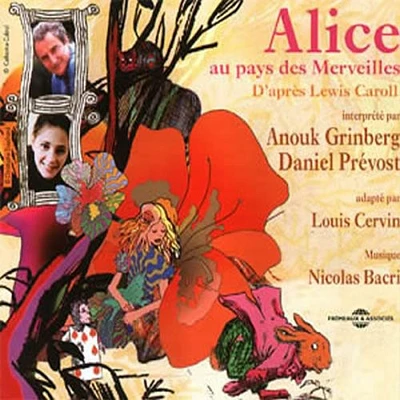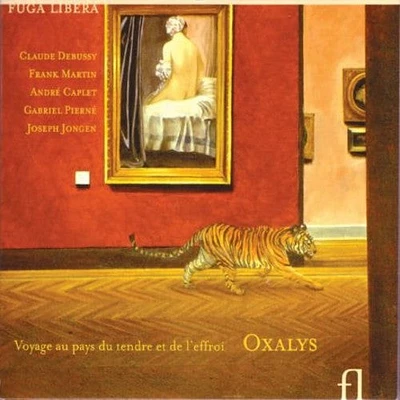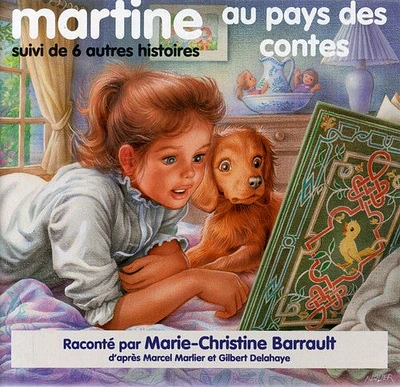Home
Chraibi: L'Enquête au Pays
Loading Inventory...
Barnes and Noble
Chraibi: L'Enquête au Pays
Current price: $30.95


Barnes and Noble
Chraibi: L'Enquête au Pays
Current price: $30.95
Loading Inventory...
Size: OS
*Product Information may vary - to confirm product availability, pricing, and additional information please contact Barnes and Noble
Driss Chiraïbi's varied writing career began in 1954 with the publication of
Le Passe simple
which portrayed a darkness at the heart of Moroccan family life. In the novels which have followed he has frequently revisited his place of birth even while he himself remained in exile in Paris.
Une enquête au pays
(1981) is a vivid picture of life in post-independence Morocco. The modern Moroccan regime, Chiraïbi argues, has taken over the structures left by the French colonisers, but rather than using them to liberate the people it has simply treated them as tools for further oppression. The novel explores this state of affairs with a comic insight which pits two policemen against the ancient wisdom of the Aït Yafelman, a once glorious tribal grouping reduced to poverty by their encounter with modernity. In the end it is Morocco which is the loser.A subtle moral drama which resonates with authority, this is a fine representative example of Maghrebi francophone fiction. It provides the reader with the perfect introduction to the fascinating and ever-changing literature, and to Chiraïbi's achievements within it.
Le Passe simple
which portrayed a darkness at the heart of Moroccan family life. In the novels which have followed he has frequently revisited his place of birth even while he himself remained in exile in Paris.
Une enquête au pays
(1981) is a vivid picture of life in post-independence Morocco. The modern Moroccan regime, Chiraïbi argues, has taken over the structures left by the French colonisers, but rather than using them to liberate the people it has simply treated them as tools for further oppression. The novel explores this state of affairs with a comic insight which pits two policemen against the ancient wisdom of the Aït Yafelman, a once glorious tribal grouping reduced to poverty by their encounter with modernity. In the end it is Morocco which is the loser.A subtle moral drama which resonates with authority, this is a fine representative example of Maghrebi francophone fiction. It provides the reader with the perfect introduction to the fascinating and ever-changing literature, and to Chiraïbi's achievements within it.

















